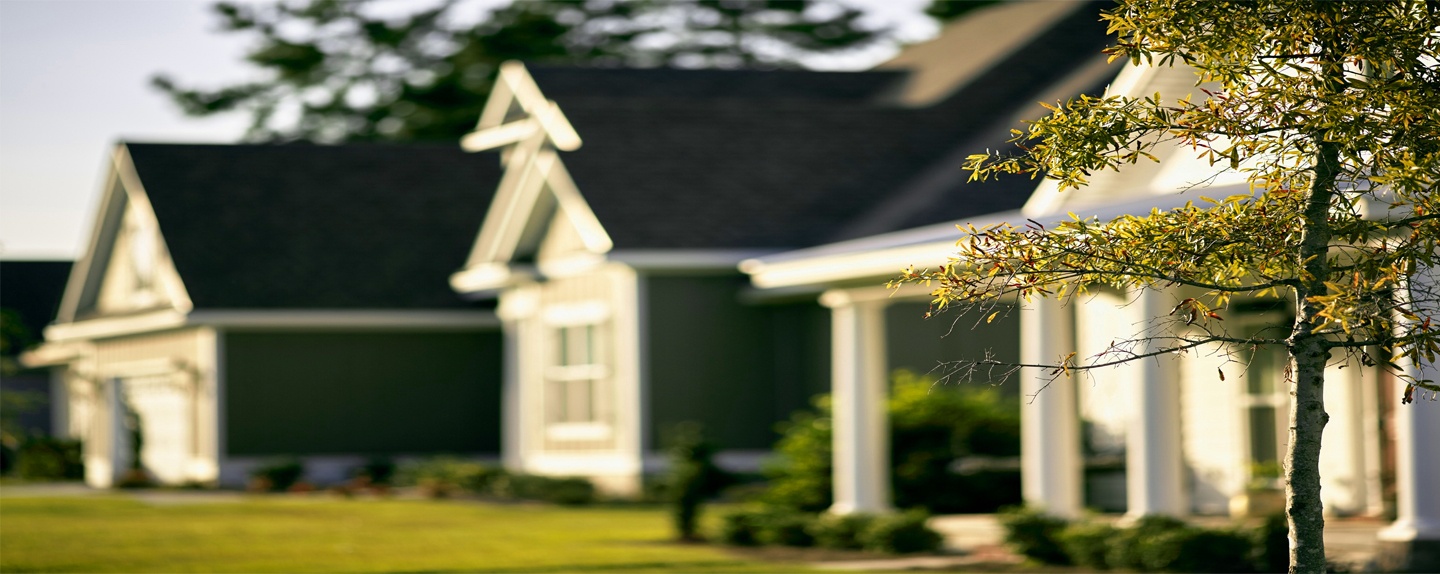Maintaining a lush, weed-free lawn in Massachusetts requires more than regular mowing and watering. One crucial aspect that homeowners often overlook is lawn fertilization. Fertilization not only promotes healthy grass growth but also plays a vital role in preventing and combating Massachusetts-specific lawn diseases. In this blog post, we'll delve into the importance of fertilization in addressing common lawn diseases in Massachusetts.
Massachusetts, like many other states in the northeastern region, experiences unique challenges when it comes to lawn care. The climate, soil conditions, and environmental factors contribute to the prevalence of specific lawn diseases that can wreak havoc on even the most well-tended lawns. Some of the common lawn diseases found in Massachusetts include dollar spot, brown patch, and red thread.
Dollar spot is a fungal disease that appears as small, circular patches of brown or straw-colored grass. It is most active during warm, humid weather, making it a common problem for Massachusetts lawns during the summer months. Brown patch, another fungal disease, causes large, irregular patches of brown grass and thrives in hot, humid conditions. Red thread is characterized by pinkish-red threads or webs on grass blades, often seen in late spring or early fall when the weather is cool and moist.
So, how does lawn fertilization help combat these diseases? Properly fertilized lawns are healthier and more resilient to disease pressure. Here are some ways fertilization contributes to a weed-free, disease-resistant lawn:
-
Nutrient Balance: Fertilizers provide essential nutrients like nitrogen, phosphorus, and potassium, which are crucial for healthy grass growth. A well-balanced nutrient profile ensures that your lawn has the strength to withstand disease attacks.
-
Root Development: Fertilizers promote deep root growth, allowing grass plants to access water and nutrients more efficiently. Strong, deep roots make your lawn less susceptible to stressors like drought and disease.
-
Disease Resistance: Certain fertilizers contain ingredients that boost the lawn's natural defenses against fungal diseases. For example, potassium strengthens cell walls, making grass more resistant to infections.
-
Weed Suppression: A thick, healthy lawn is naturally more resistant to weed invasion. Fertilization encourages dense turf growth, choking out weeds and reducing the need for herbicides.
-
Seasonal Adjustments: Fertilization programs can be tailored to address specific seasonal needs. For example, a fertilizer with slow-release nitrogen is beneficial during hot, humid summers when rapid grass growth can lead to increased disease susceptibility.
When implementing a lawn fertilization program to address Massachusetts-specific lawn diseases, it's essential to consider factors such as soil type, grass species, and environmental conditions. Consulting with a professional lawn care service can help you develop a customized fertilization plan that meets your lawn's unique requirements.
In addition to fertilization, proper lawn maintenance practices play a crucial role in disease prevention. Regular mowing at the correct height, adequate watering (preferably in the morning), and aerating the soil to reduce compaction are all vital aspects of a comprehensive lawn care strategy.
In conclusion, maintaining a weed-free, disease-resistant lawn in Massachusetts requires a proactive approach that includes regular fertilization. By providing the right nutrients, promoting healthy root development, and enhancing overall turf vigor, fertilization plays a key role in combating common lawn diseases. Invest in your lawn's health today to enjoy a vibrant, resilient lawn throughout the seasons.
If you're looking for more information on lawn care in Massachusetts or are simply ready to speak with someone about your lawn care needs, visit www.GrassmasterPlus.com or call 978-769-3595 today!

